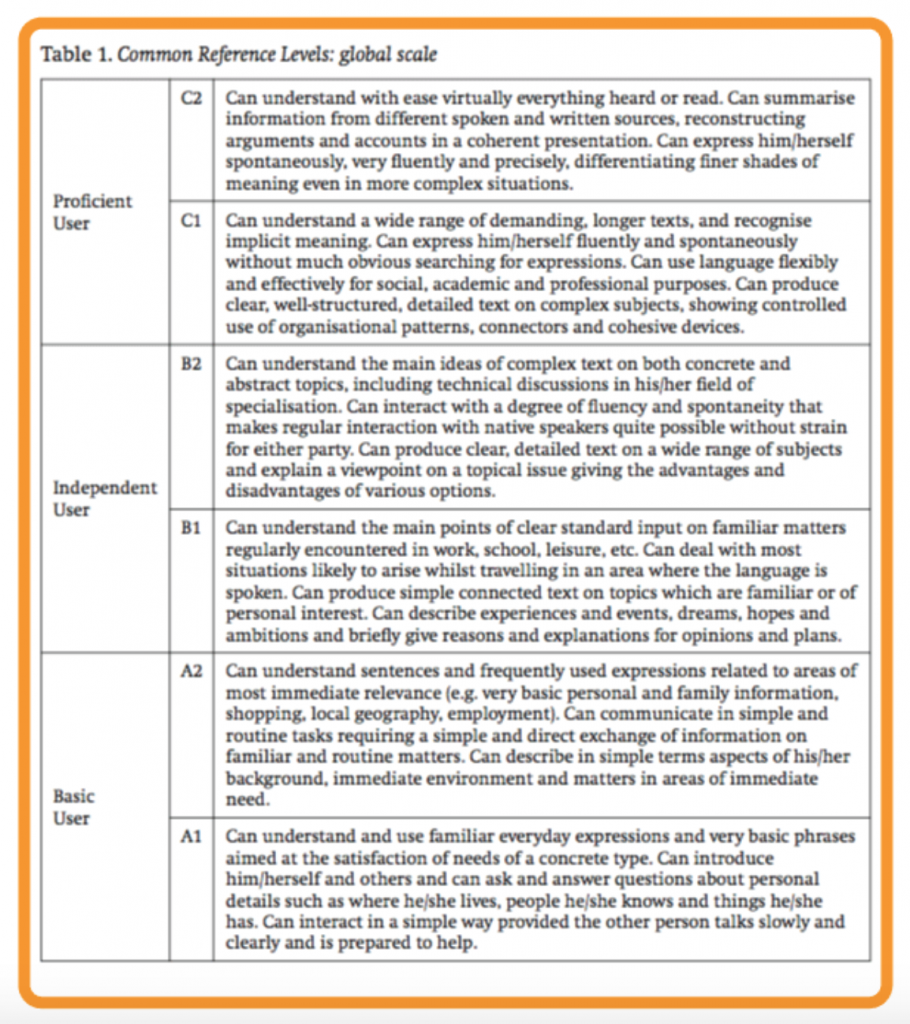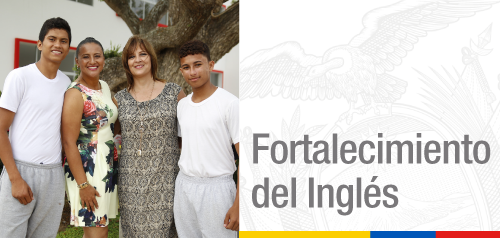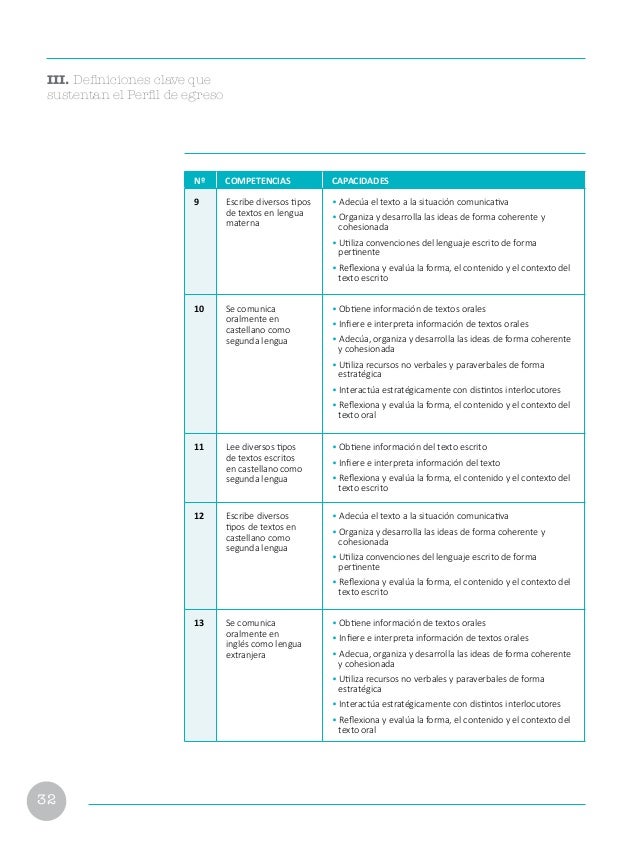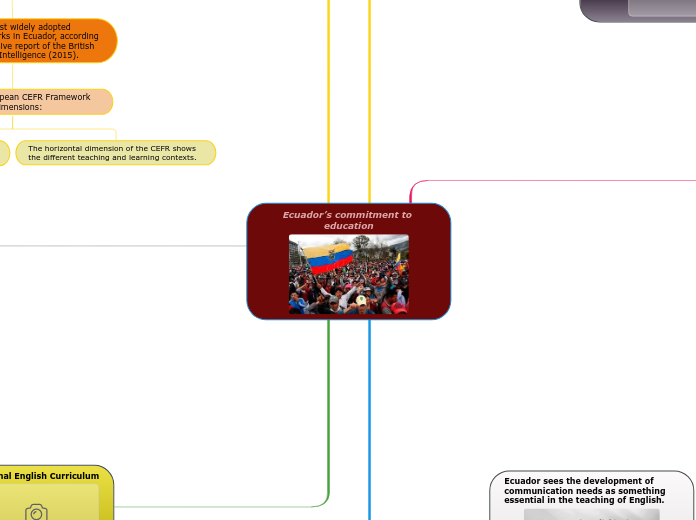Ecuador’s commitment to education
The purpose was that the student at the end of the 3rd year of Baccalaureate, could reach a B1 level according to the Common European Framework, which means that he or she can read and write without difficulty

1 for 8th EGB
2 for ninth GBS
1 for 10th EGB
2 for 1st BACC
1 for 2º BACC
2 for 3ª BACC
Brief history of the Common European Framework

The CEFR is the result of advances in language education
This coincided with fundamental changes in language teaching, with the shift from the grammatical translation method to the functional / notional approach and the communicative approach. The CEFR reflects these later approaches
Ecuador sees the development of communication needs as something essential in the teaching of English.


CLT has become so popular that it has become the teaching mantra of almost all English teachers.
An example is the Cambridge English film that offers a quick and clear description of the Common European Framework of Reference (CEFR). Describe what the CEFR is for and why it is useful for both candidates, teachers and employers
Common reference levels

It is one of the most widely adopted linguistic frameworks in Ecuador, according to the comprehensive report of the British Council Education Intelligence (2015).
The Common European CEFR Framework covers two main dimensions:
The vertical dimension of the CEFR shows the progression through the levels.
The horizontal dimension of the CEFR shows the different teaching and learning contexts.
It is to achieve development and end inequality. Human talent, science and technology were prioritized, hoping to achieve excellence in education.

It sought to increase the number of qualified English teachers, from public schools with a minimum level of B1 and B2, in accordance with the Common European Framework of Reference (CEFR), in addition to improving the teaching techniques and methodologies of English teachers.
He awarded young people thousands of scholarships abroad, because he was convinced of the potential to invest in human capital through proper education and training.
Another of its purposes is to obtain excellence in human talent,
National English Curriculum

This guide the teaching of English in public schools, to contribute to the development of students' ability to actively interact in their environments.

The Ministry of Education integrated the Communicative-Functional Language approach and the Common European Framework while designing the National Curriculum Guidelines for English.
The integration of these two components made it possible to associate the principles on the nature of language and the teaching and learning of language to be in tune with authenticity and the CEFR that served as the basis for the development of the study program. (MOE, 2012, p.4)
Finally, the English requirements for teachers and students according to the CEFR became an obligation: for undergraduate students B1 as compulsory and for teachers B2.
